Scottish independence: What might happen if there is a 'No' vote?
- Published
As the people of Scotland weigh up how to vote in the independence referendum, they are asking questions on a range of topics.
In this series, we are looking at those major questions and by using statistics, analysis and expert views shining a light on some of the possible answers.
Here, we look at what might happen if there is a "No" vote on 18 September.
Do you have a referendum question? Let us know by....
Emailing newsonlinescotland@bbc.co.uk.
We can also be found on Twitter @bbcscotlandnews, external
And on Facebook, external.
BBC news website user, James Martin, asks: "We hear a lot - both in support and against - about an independent Scotland but nothing about what a 'No' vote will mean for Scotland. I want to know what powers we will get as no party in Westminster actually agrees on this."

Would things change or stay the same after a "No" vote?
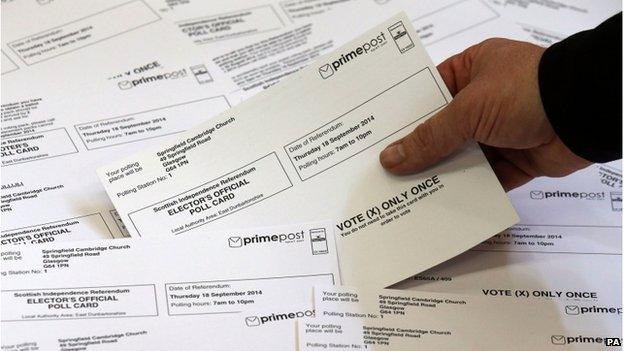
You might presume that a vote against independence would mean that it's back to business as usual. But that is not entirely so. A rejection of independence would mean that Scotland remained part of the United Kingdom with its own Scottish Parliament and devolved Scottish government, based in Edinburgh. The UK parliament would continue to hold many of the purse strings and to govern on reserved matters - like defence, foreign affairs and welfare.
The referendum process has, however, drawn promises of more powers for Holyrood from the parties which oppose the break up. So, whatever happens on 18 September, politics is expected to change. That's why there have been calls for a meeting within a month of the vote to consider the next steps. There may also be a need for social healing after a "No" vote given the divisive nature of the arguments surrounding the referendum.

What additional powers would be transferred and when?
What happens after the referendum vote?
That's not an easy question to answer because there are so many variables. It could depend on the strength of the "No" vote.
If the referendum result is very tight it is likely to mean that there is much more pressure on the UK government to agree substantially greater powers for the Scottish Parliament.
If there is a very large "No" vote, politicians could argue that there is little desire for significantly more devolution. There are already new powers in the pipeline, including;
a new Scottish rate of income tax
additional borrowing powers worth £5bn
authority for air guns
drink-driving
and speeding limits
The plans also....
devolve stamp duty
land tax and landfill tax
give the Scottish Parliament a role in appointments for broadcasting and the Crown Estates
and new procedures for Scottish criminal cases which go to the UK Supreme Court.
The three main UK parties have promised more responsibility will be delivered for MSPs, although they don't yet agree on what extra powers are required. So, it's likely that their next manifestos will contain detailed proposals and that Scotland will be a key battleground during the run-up to the next general election in May 2015. For the moment, the pro union parties insist that "a No vote is not a vote for no change."

What is the Labour Party saying?
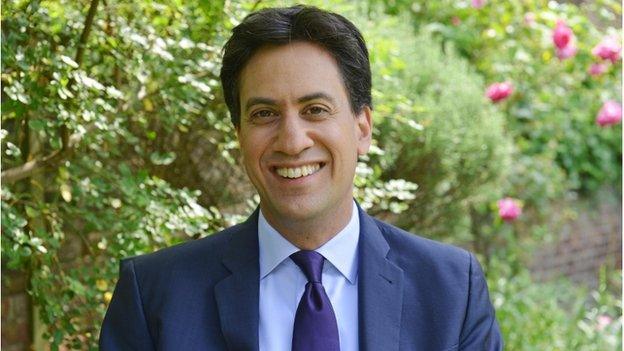
The party says it will include a new Scotland Act in its first Queen's Speech if it wins the 2015 general election. And recommendations in its Devolution Commission include;
Holyrood would be able to alter the variation in income tax from 10 to 15 pence
it would also set Scottish Progressive Rates of Income Tax allowing rates in the higher and additional bands to be varied
it would be able to raise about 40% of its budget
devolution of housing benefit and the work programme
a consequent cut in block grant because of the Scottish Parliament's revenue raising powers

What do the Tories propose?
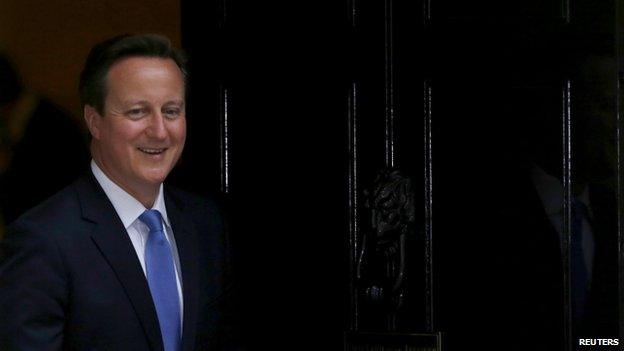
They say they will go further than Labour over tax and offer;
full income tax powers, a key recommendation of the party's devolution commission, chaired by Lord Strathclyde.
Holyrood would be fully accountable for 40% of the money it spends and possibly a share of Scottish VAT receipts
decisions over income tax rates and bands would be held by Holyrood, although the tax-free personal income tax allowance would remain reserved to Westminster
a new, independent Scottish Fiscal Commission would produce Scottish forecasts.

And what of the Liberal Democrats?
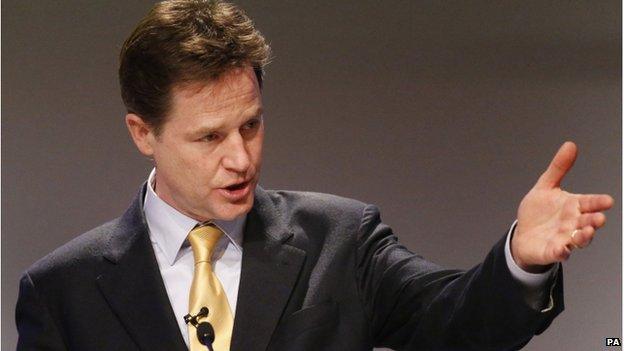
They favour a federal UK but under the party's Scottish "home rule" vision, Holyrood would raise and spend more than 50% of its own income and borrow on its own terms. It would also;
have the ability to set capital gains tax and inheritance tax
the Barnett formula would be replaced with a "needs-based" arrangement
power over oil, welfare, pensions, defence and foreign affairs would remain at Westminster
the Act of Union between Scotland and England scrapped and would be replaced with a declaration of federalism.

What would a 'No' vote mean for the rest of the UK?
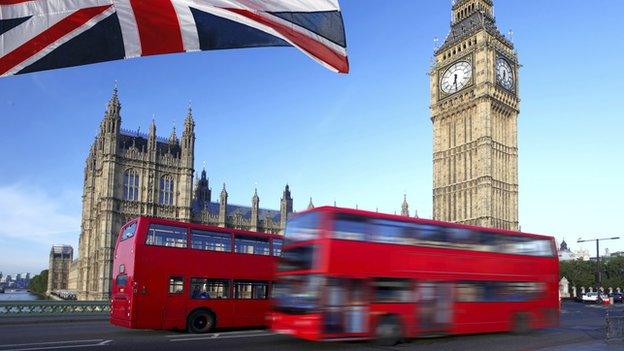
If the UK remains together, there are big unresolved questions which some believe should be considered by a UK-wide constitutional convention.
The West Lothian Question is a long running political anomaly first posed in the 1970s and which is still without a satisfactory answer, particularly for voters in England.
Why - it asks - should Scottish, Welsh and Northern Irish MPs have a say over purely English matters, when English MPs don't have a say over devolved issues? It's a question which will have increased resonance, particularly in England, if Scotland votes no.
The Mckay Commission was established by the Prime Minister to come up with an answer, but it's conclusions - which would only allow English laws to be passed in the Commons with the consent of the majority of English MPs - have been gathering dust since publication in March 2013.
The solution to what is regarded as a democratic deficit is not the only one proposed. Some campaigners want an English Grand committee at Westminster, others an English parliament or for Scottish Welsh and Northern Irish MPs to be banned from voting on English matters.
All the potential solutions are contentious and while many Scottish Labour MPs in particular believe the solutions would create two classes of MPs, many in England feel that is the case already.
A recent poll, the Future of England Survey, suggested English voters want the UK government to take a much tougher stance on Scotland if if decides to remain part of the Union. More than half, 56%, felt public spending in Scotland should be reduced. Nearly two thirds (66%) think Scottish MPs should be prevented from voting on English laws.
So, pressure on the UK government to resolve these issues will grow and will become another election battleground in 2015.